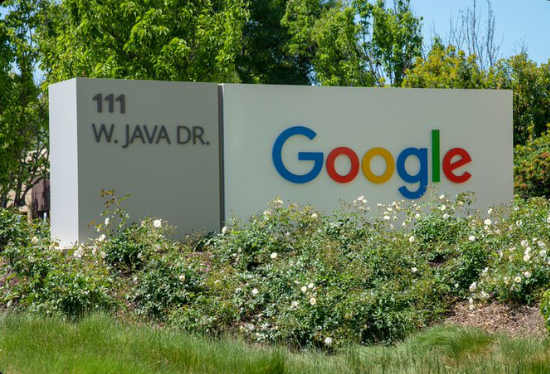When Trump takes office, you can be assured that he will act against Google.
Google faced a significant blow to its search and advertising business on Monday after District of Columbia Judge Amit Mehta ruled in favor of the Department of Justice in its antitrust lawsuit against the tech giant.
Google Has Just Suffered a Major Loss in a U.S. Antitrust Lawsuit: The Search Giant Staggers https://t.co/RCRxnBQMRi pic.twitter.com/hdsEqdWefj
— Xataka On (@xatakaon) August 6, 2024
The implications of this ruling extend to Apple as well. The decision could force Google to overhaul its largest business and potentially end a longstanding revenue-sharing agreement with Apple, which mandates Google as the default search engine on Apple devices.
This agreement, known as the Information Services Agreement, has been in place since 2002 and has evolved with the introduction of new technologies like the iPhone. The agreement ensures that Apple uses Google as the default search engine for Safari, Spotlight Search, and Siri.
In return, Google pays Apple 36% of the search revenue generated from Apple devices using Google’s services. While Apple has not disclosed the exact amount it earns from this deal, court documents estimate it to be around $20 billion in 2022, which is double the amount paid in 2020.
Apple’s revenue from this agreement is likely categorized under its Services business segment, which includes third-party advertising licensing agreements. In 2022, Apple’s Services revenue was $78.1 billion. If the $20 billion estimate is accurate, the deal would account for approximately 25% of Apple’s Services revenue for the year.
Google’s loss in a historic antitrust trial is reverberating across Silicon Valley. The ruling is likely to affect the search giant and its largest collaborators and competitors. https://t.co/7Md8QToB0G https://t.co/7Md8QToB0G
— The Wall Street Journal (@WSJ) August 6, 2024
The Services segment is one of Apple’s fastest-growing areas, serving as a buffer against declining iPhone sales. This segment has expanded over the years to include platforms like Apple Music+ and Apple TV+. However, the Google deal remains a significant portion of the Services revenue.
On a broader scale, Apple generated $394.3 billion in revenue in 2022, meaning the Google agreement accounted for about 5% of Apple’s total annual revenue.
The loss of this agreement would not only impact Apple but also significantly affect Google. Court documents reveal that Google’s internal modeling in 2020 projected a loss of 60% to 80% of search volume on Apple’s iOS devices if its search engine were replaced as the default. This loss would translate to a reduction in Google’s revenue by $28 billion to $32 billion. Given Google’s revenue of $182.5 billion in 2020, this would cut 15% to 17% from its bottom line.
It’s only a few hours after Google lost its search antitrust case, but Bing’s dream of being the default search provider on Apple devices (instead of Google) is alive and well. https://t.co/dXhgqHFpTb pic.twitter.com/KODzpG7VXf
— Amir Efrati (@amir) August 5, 2024
Google is expected to appeal the DOJ’s win, but if Judge Mehta’s ruling is upheld, both Apple and Google could face considerable financial repercussions.
Major Points:
- Judge Amit Mehta ruled in favor of the Department of Justice in its antitrust case against Google, significantly impacting Google’s search and advertising business.
- The ruling could force Google to terminate its revenue-sharing agreement with Apple, which mandates Google as the default search engine on Apple devices.
- Known as the Information Services Agreement, this deal has been in place since 2002. Google pays Apple 36% of the search revenue generated from Apple devices, estimated at $20 billion in 2022.
- The agreement potentially accounts for roughly 25% of Apple’s Services revenue and 5% of its total annual revenue, with Apple’s Services segment being a fast-growing area.
- Losing the default search engine status on Apple devices could reduce Google’s search volume by 60% to 80%, cutting $28 billion to $32 billion from its revenue, or 15% to 17% of its bottom line.
James Kravitz – Reprinted with permission of Whatfinger News



